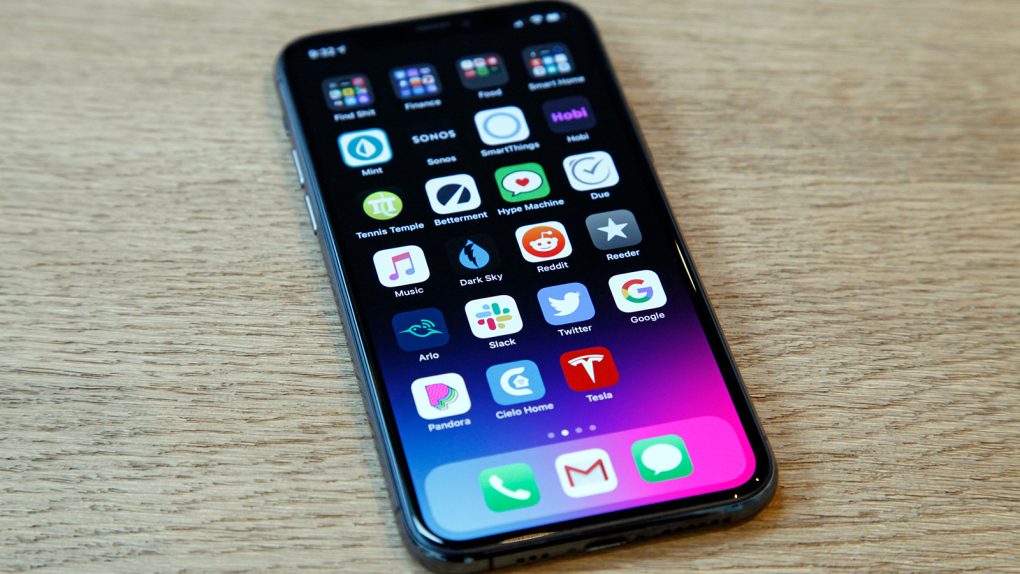A Chinese student named Quan Jiang, who was enrolled as a college student in Oregon, was recently sentenced to three years in prison for his role in a lucrative and elaborate scheme involving counterfeit iPhones.
The scheme itself was rather simple, and to be honest, it’s somewhat impressive that it even worked on the scale it did. Over the course of a few years, Jiang and another friend of his would routinely receive shipments of counterfeit iPhones from China. Following that, they would send the devices to Apple and claim that they weren’t able to power on, all in the hopes of receiving bona fide replacement devices.
While not every device Jiang and his cohort Yangyangg Zhou sent to Apple were replaced, authorities say that the devices so closely resembled the real thing that Apple ultimately sent them upwards of 1,500 replacement iPhones. All told, Jiang and his partner in crime managed to scam Apple out of approximately $900,000.
When agents arrested Zhou at his apartment, they discovered boxes of counterfeit iPhones that, upon further examination, were found to be worth about $30 as opposed to $600.
Incidentally, Jiang was facing a maximum of 10 years in prison, so he got off a bit easy when looked at from that perspective.
As to how the scam itself managed to go on for as long as it did, Apple brand protection representative Adrian Punderson previously explained:
Submission of an iPhone that will not power on is critical to perpetuating iPhone warranty fraud, as the phone will not be able to be immediately examined or repaired by Apple technicians, triggering the Apple iPhone replacement process as part of its product warranty policy.
Following Jiang’s three-year prison stint, authorities have said that he will likely be deported.








